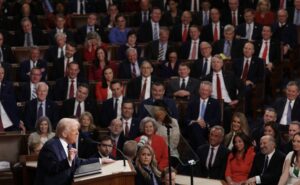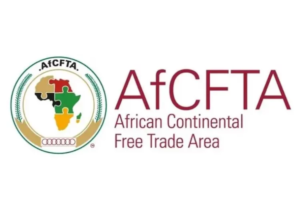The Trump administration is preparing to enforce steep daily fines and potential property seizures against migrants who defy final deportation orders, according to internal documents reviewed by Reuters on Tuesday.
Under the revived plan, undocumented immigrants who fail to leave the U.S. after receiving removal orders could be fined up to $998 per day. The fines could be applied retroactively for as many as five years, potentially resulting in penalties exceeding $1 million per individual, a senior Trump official said.
The initiative, grounded in a 1996 immigration law that saw limited use until Trump’s first term in 2018, marks a significant escalation in the administration’s crackdown on illegal immigration. Officials are also exploring options to seize the property of individuals who do not pay the fines—either through U.S. Customs and Border Protection or, potentially, the Department of Justice’s civil asset forfeiture division.
In response to inquiries, Department of Homeland Security spokesperson Tricia McLaughlin said migrants subject to final removal should use the rebranded “CBP Home” mobile app—formerly known as CBP One—to begin the process of self-deportation.
“If they don’t, they will face the consequences,” McLaughlin said. “This includes a fine of $998 per day for every day that the illegal alien overstayed their final deportation order.”
Emails reviewed by Reuters indicate the White House is pressuring CBP to take the lead on assessing fines, initiating seizures, and overseeing the sale of confiscated property.
The policy could impact more than 1.4 million migrants currently under final removal orders. During Trump’s first term, the administration used the same law to levy massive fines on nine undocumented immigrants who had sought sanctuary in churches—though those penalties were later rescinded. President Joe Biden discontinued the practice after taking office in 2021.
Critics warn the policy could have far-reaching effects, particularly for the estimated 10 million undocumented immigrants living in the U.S., many of whom reside in “mixed-status households” alongside citizens or permanent residents. The advocacy group FWD.us has raised alarms about the potential impact on families, including children who are U.S. citizens.
The nonpartisan Migration Policy Institute estimates that over a quarter of unauthorized immigrant households live below the federal poverty line, making them particularly vulnerable to the financial strain such fines could impose.
While supporters of the policy argue it strengthens the rule of law and deters prolonged illegal presence in the U.S., immigrant rights groups warn it could devastate already marginalized communities and lead to the unjust seizure of assets from entire families, not just the individuals targeted.



























